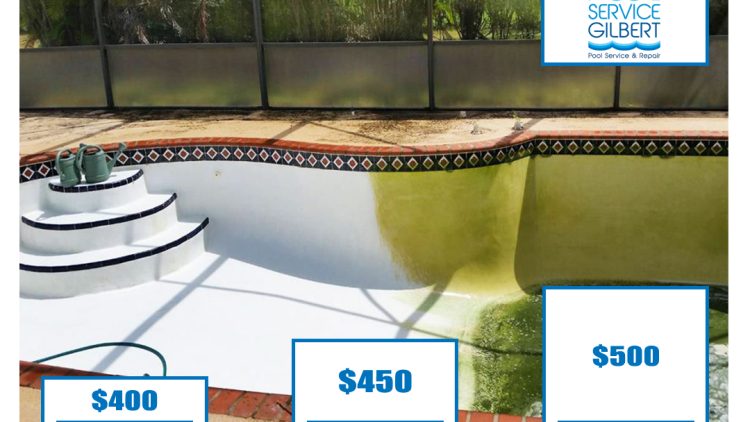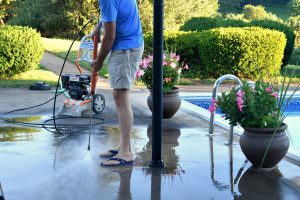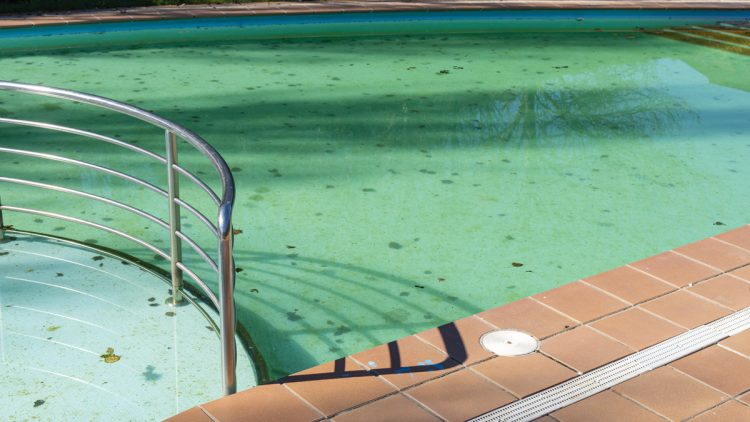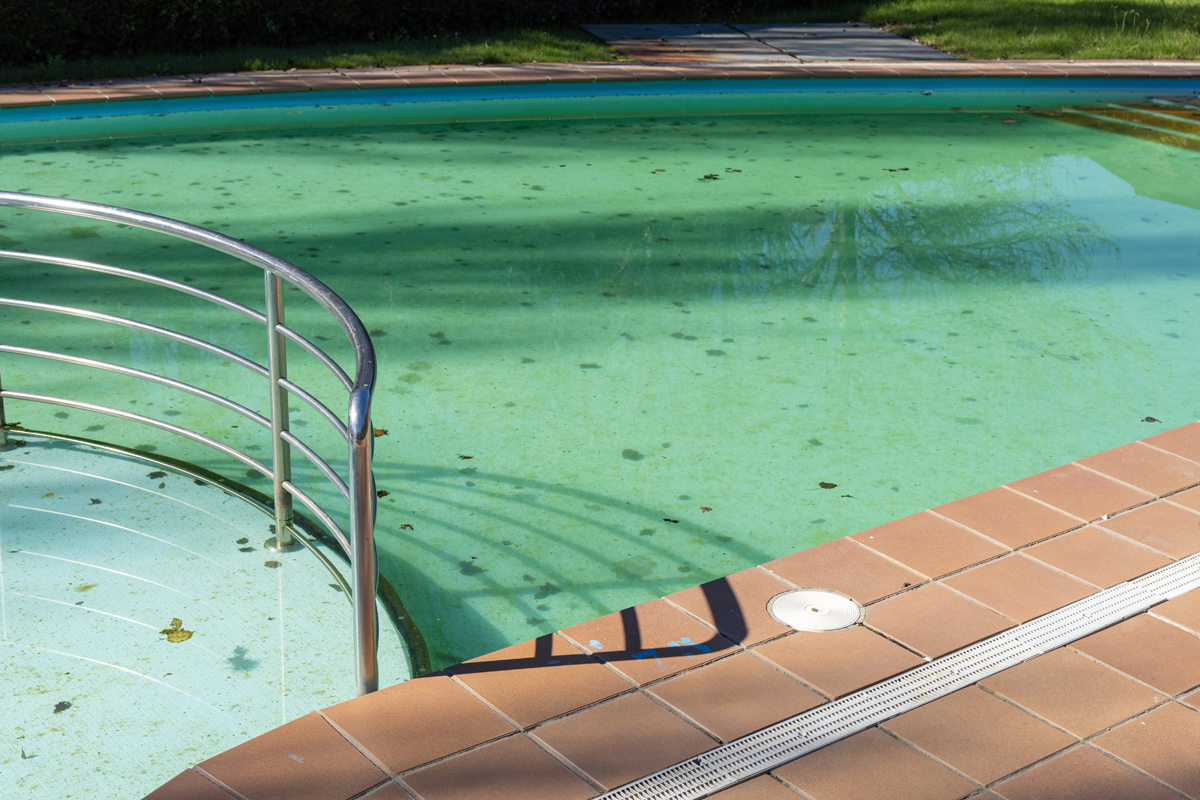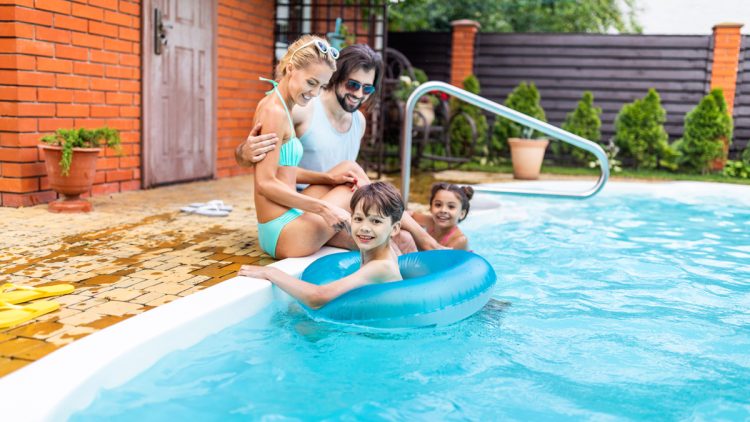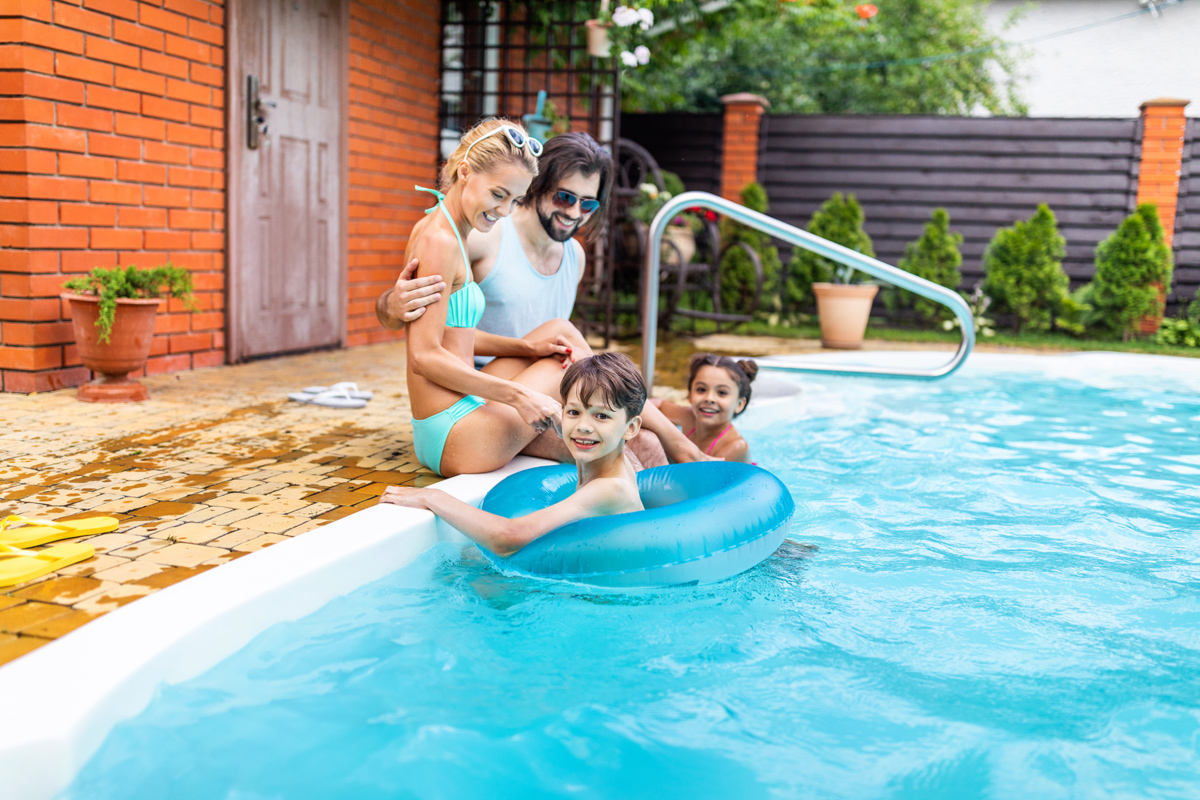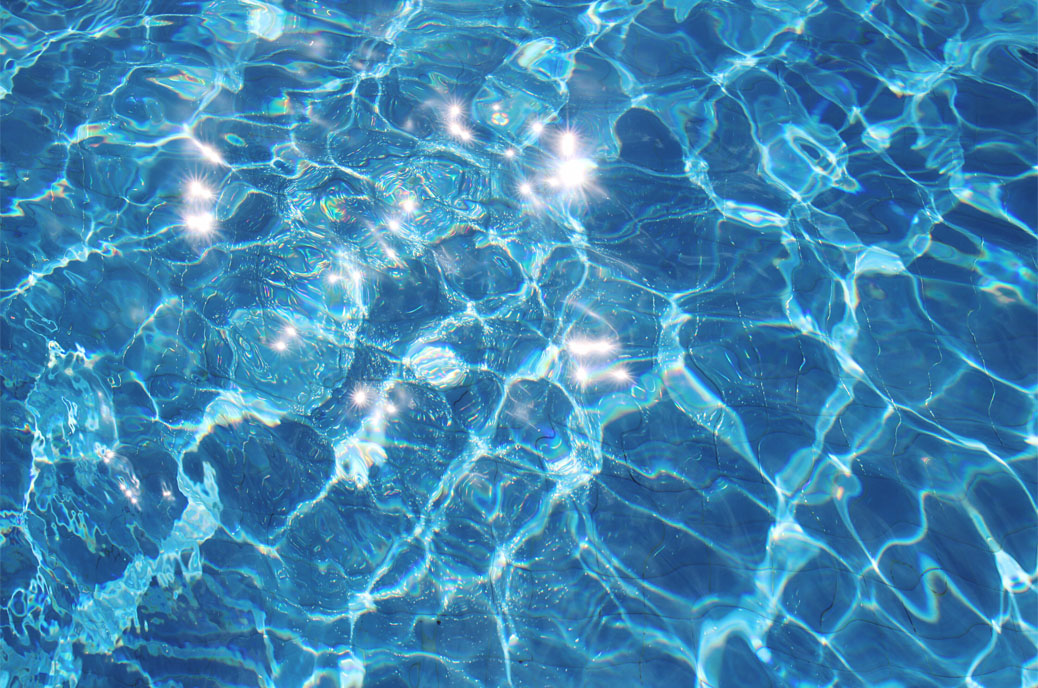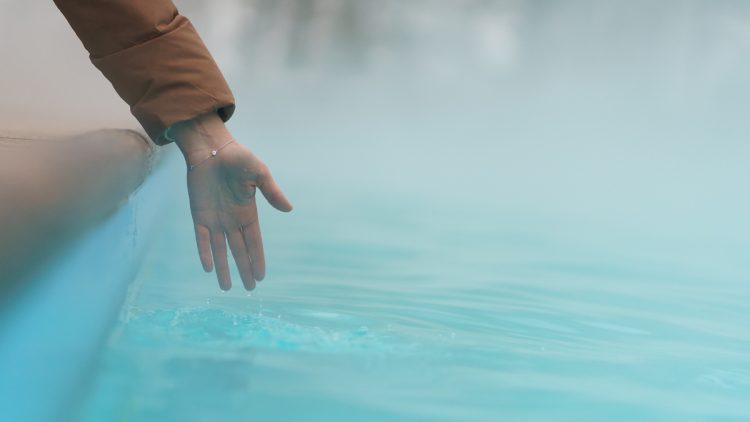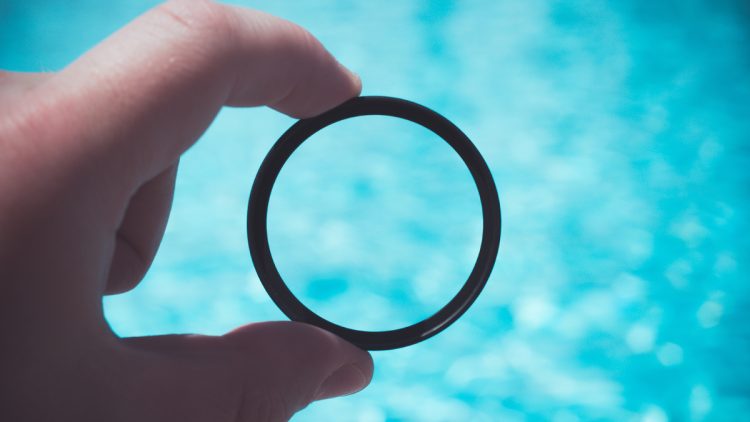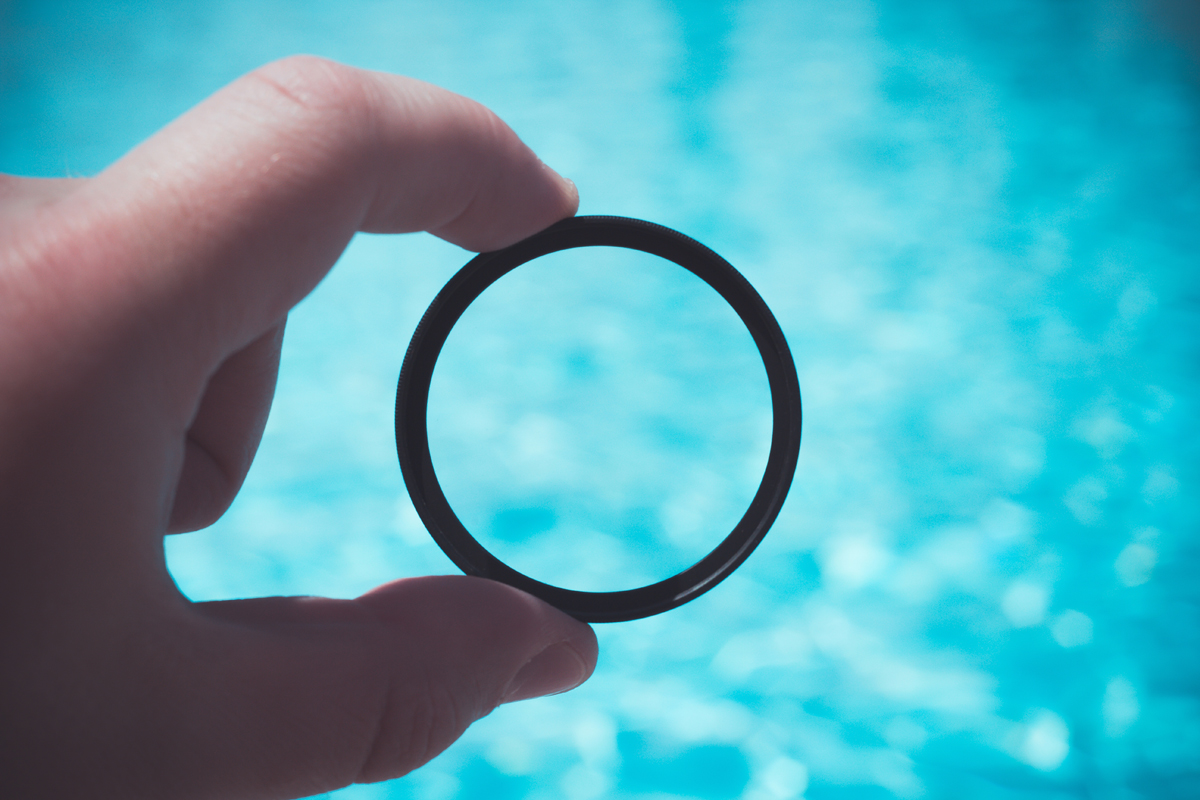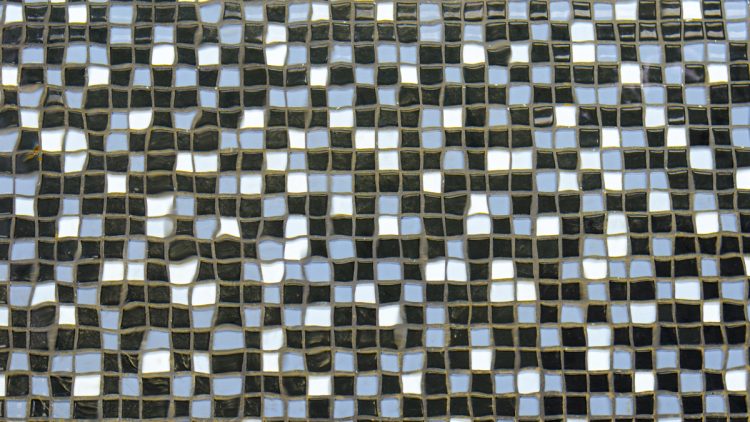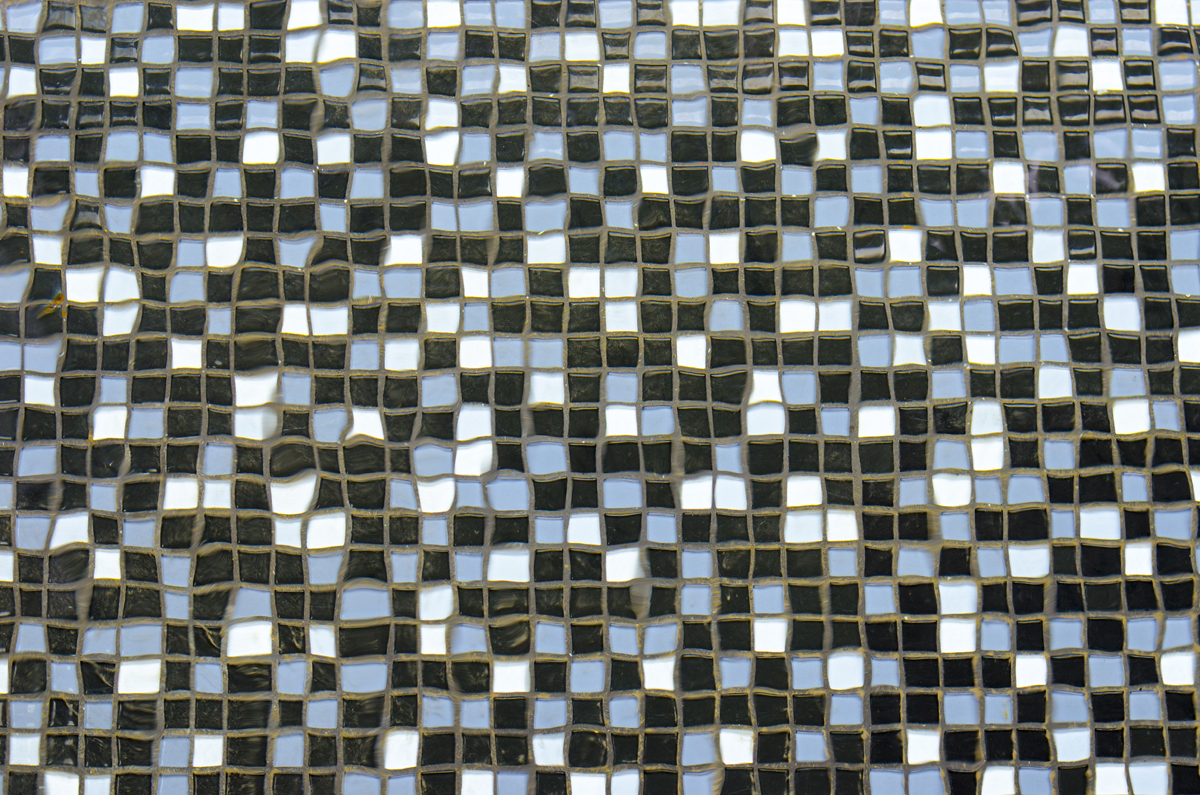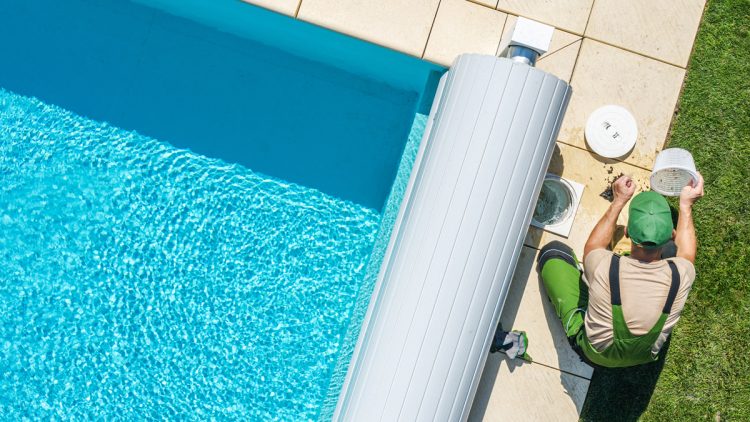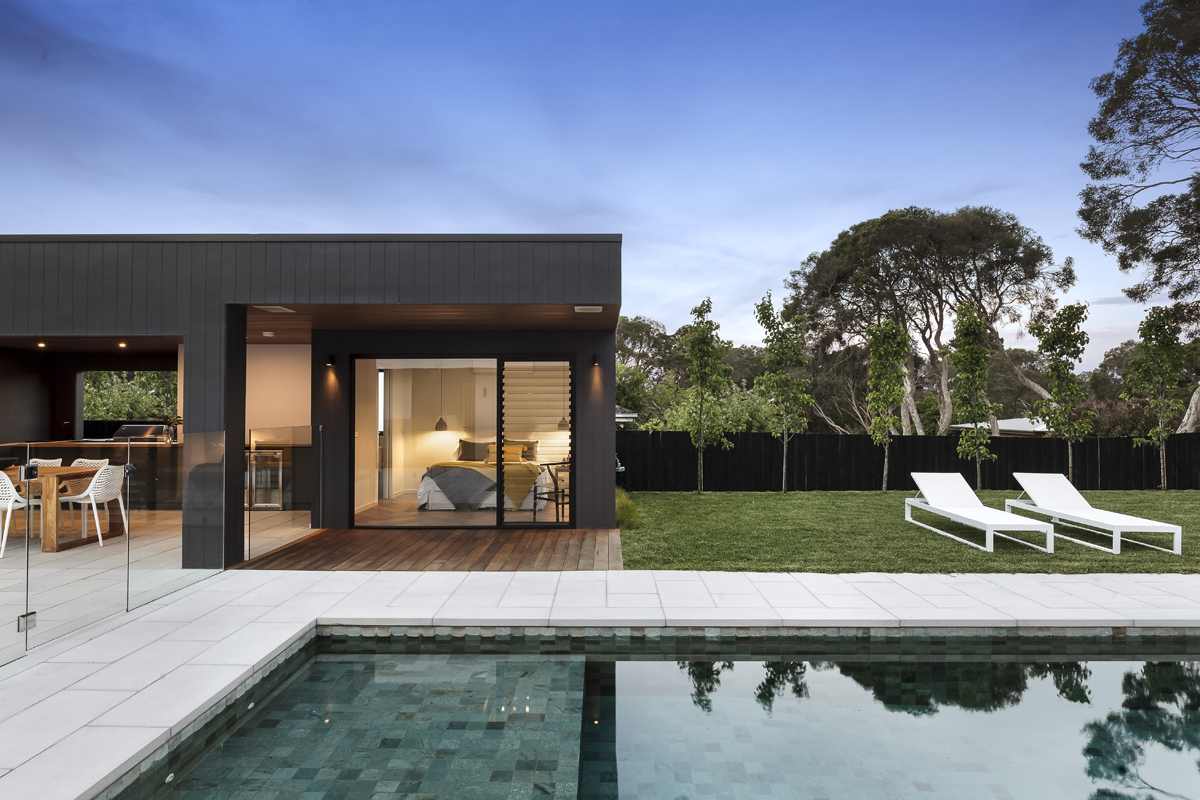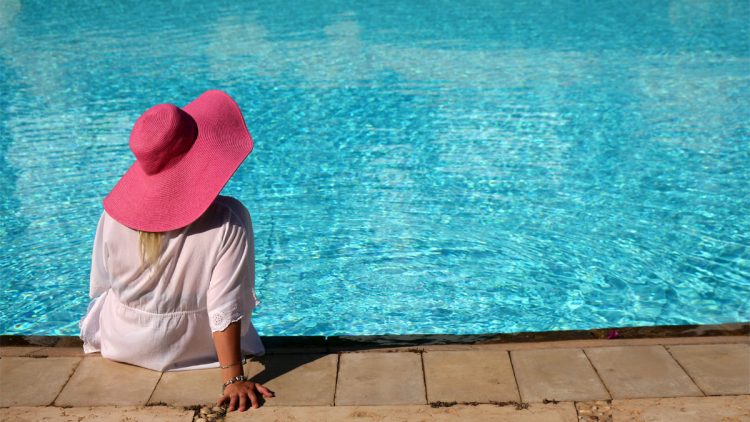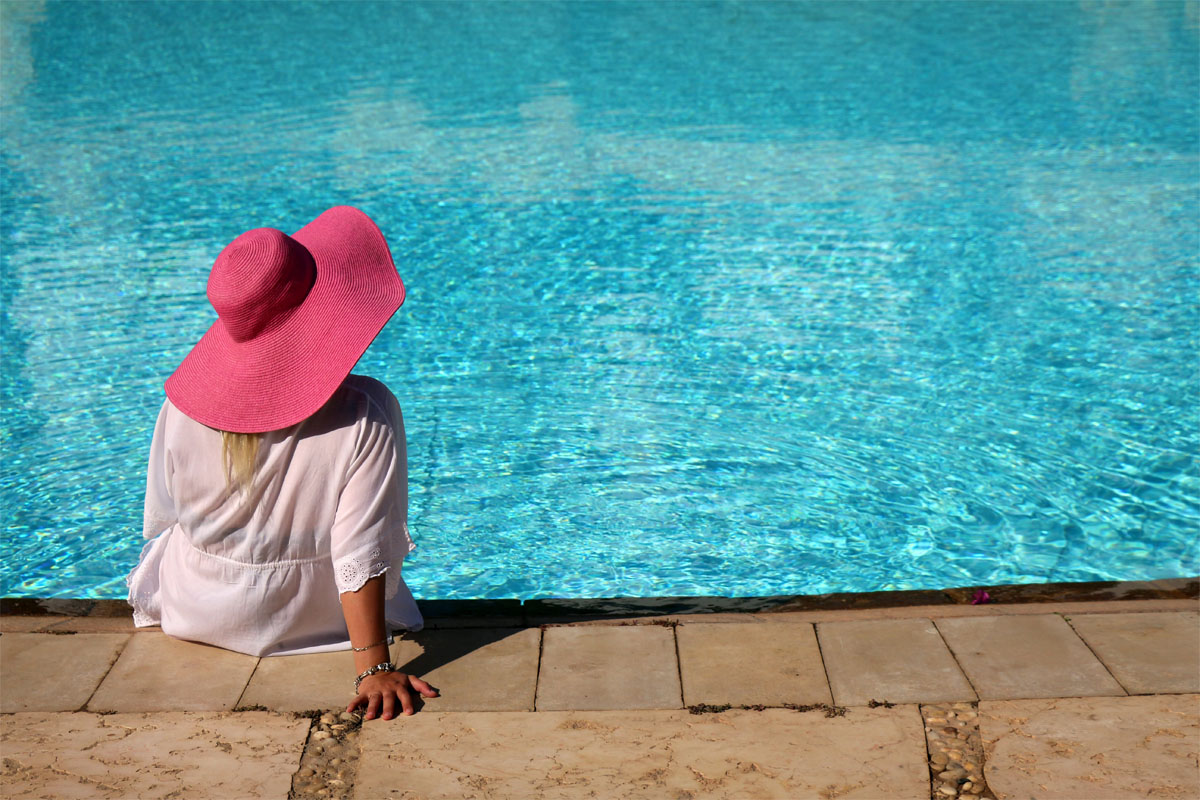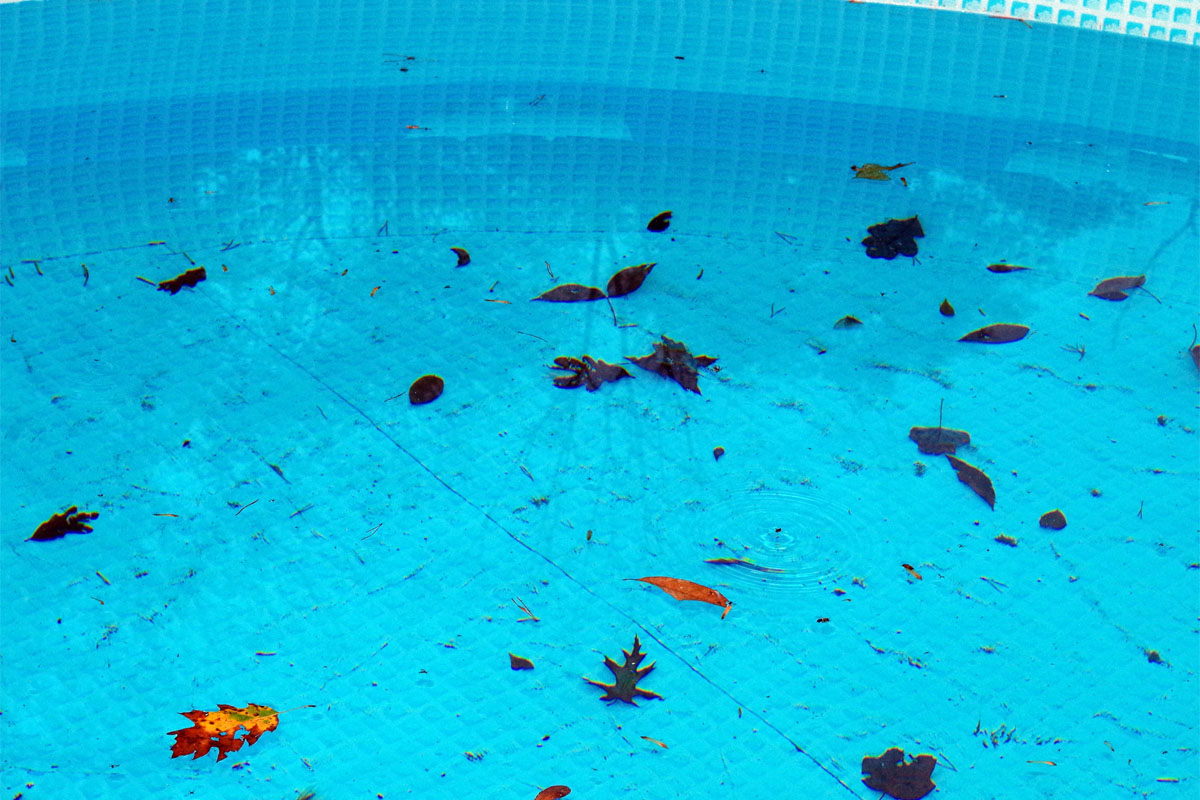Acid Wash Pool Cost 2022
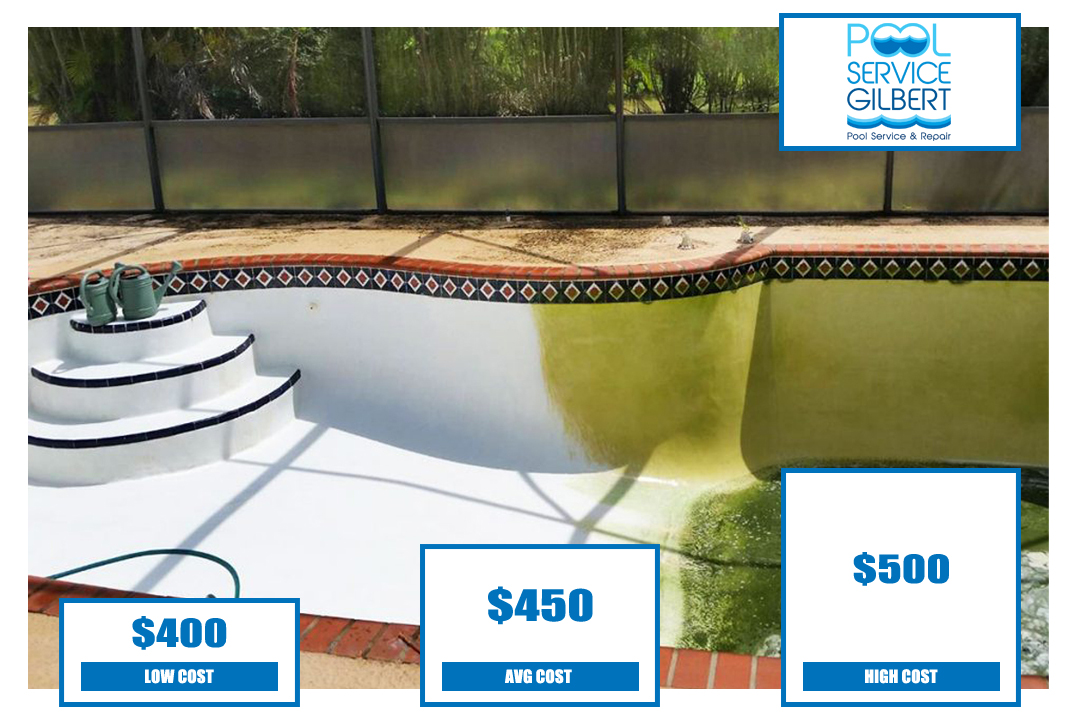
Average pool acid wash cost is $450, with prices ranging from $400 to $500 for a pool measuring 500 square feet, according to Improvenet.com in the US in 2022. Of course, prices will vary based on location, size of the pool and the time of the year. If you have been searching for “acid wash pool cost” or “how much does it cost to acid wash a pool,” this post will help!
Your gorgeous pool is the highlight of your outdoor living area and the centerpiece for all social gatherings, so the accumulation of algae, calcium deposits and stains are a major concern. Taking on those unyielding stains typically requires an acid wash, a procedure usually carried out by a professional pool cleaner because of the hazardous chemicals used. Prior to you starting to look into hiring a pool professional for the project, take a couple minutes and get yourself familiar about the costs involved.
What Is Pool Acid Washing?
Acid washing can only be performed in pools with either plaster or Pebble Tec surfaces. A professional will be able to take a look at your pool before the cleaning. If he or she determines the plaster is too thin, then the acid wash cannot be completed. The only option at that point is to resurface the pool altogether.
Acid Wash A Pool
Having a pool built is a spectacular way to get more out of your backyard, but pools require routine maintenance to keep the pool water clean and for the prevention the building up of algae and stains. When you neglect your pool for any amount of time, the growth of algae starts to stain the surface of the pool making the water slimy. If the water is stagnant and you are unable to see the bottom, it’s time for the pool to be drained for an acid wash. It may also be a good idea to acid wash a pool if calcium deposits have started discolorations.
When you start to see algae growth or build-up of any kind, it’s time to drain the pool and call the professionals for an acid wash. The algae may appear green, black or even yellow. Regardless of the color, this unwanted agent has no business being in your pool. Invest in a proper and thorough acid wash for your valuable pool.
Acid Washing or Pool Cleaning?
Routine pool cleaning doesn’t entail draining the pool. General pool cleaning procedures comprise of:
- Scrubbing all sides and bottom of the pool with a pool brush.
- The removal of leaves/stick and floating refuse using a pool net.
- Cleaning and/or replacing the pool filter cartridges.
- Testing the pool’s chemical levels and adjusting as accordingly.
Acid washing a pool is a more significant undertaking. Involving completely draining the pool and then utilizing an acid solution to remove a very slim layer of the pool’s surface, which in turn removes any calcium deposits and/or stains.
Types Of Pools For Acid Washing
Acid washing is only appropriate for pools having plaster or PebbleTec surfaces. In addition, pools that have older, thin plaster might not be appropriate, in such cases your only choice is to completely resurface the pool. A professional pool cleaning company can establish if acid washing your pool is the way to go.
Don’t forget that acid washing your pool takes off a thin layer of the pool’s surface, so it shouldn’t be done too often. If you acid wash your pool annually, it increases the recurrence of resurfacing. Try avoiding acid washes when you can by routinely maintaining your pool to decrease the buildup of calcium deposits and algae.
Steps To Acid Washing A Pool
Here is a quick list of steps to acid washing a pool:
- Drain your pool completely.
- Combine 1 gallon of Muriatic acid with 1 gallon of water in a bucket.
- Completely saturate one pool wall with a hose.
- Pour acid mixture on the pool wall (top to bottom) in 10-foot parts, leaving acid on the plaster for 30 seconds.
- Rinse this section quickly and thoroughly.
- Neutralize the pool area by using soda ash.
First and foremost, make sure you are protected before you begin acid washing the pool. You are working with chemicals here, so wear the proper clothing, which should include a mask, goggles, boots and gloves. Begin the process by completely draining your pool, cleaning up any leftover debris from the surface, if needed. Once your protective gear is on and pool is clear, it’s time to mix up your combination of acid and water. The acid needs to be added to the water; never the other way around.
When saturating one of the pool walls, be sure the hose you are using does not have a nozzle on it. The water needs to be flowing constantly during this step. Pour your mixture in 10-foot segments, scrubbing and cleaning the pool surface simultaneously. Be sure to completely rinse the area that you just acid washed after 25-30 seconds. You want to rinse this quickly to prevent the acid from eating away at the plaster. The acid washing process will generally result in a puddle of residue on the bottom of the pool. This residue needs to be removed as well before it begins to deteriorate the plaster.
Pool Acid Washing In Gilbert, AZ
Pool Service Gilbert is a family-owned and operated business that has been serving the valley since 2004. We offer reliable and affordable pool services, including repairs, equipment installations and more! Our service area includes Ahwatukee, Chandler, Gilbert, Mesa, Phoenix and Tempe, Arizona. Contact us right here for your upcoming pool service needs!
More Articles About Pool Care
- Pool Cleaning Service Near Me
- How to Clean a Green Pool Fast
- Pool Chemicals 101
- How To Acid Wash A Pool
- What Size Sand Filter Do I Need For My Above Ground Pool?
- Common Pool Problems
- How Much Does It Cost To Replace A Pool Pump?
- How To Remove Calcium From Pool Tile
- Pool Pump Repair Near Me – Gilbert, AZ

